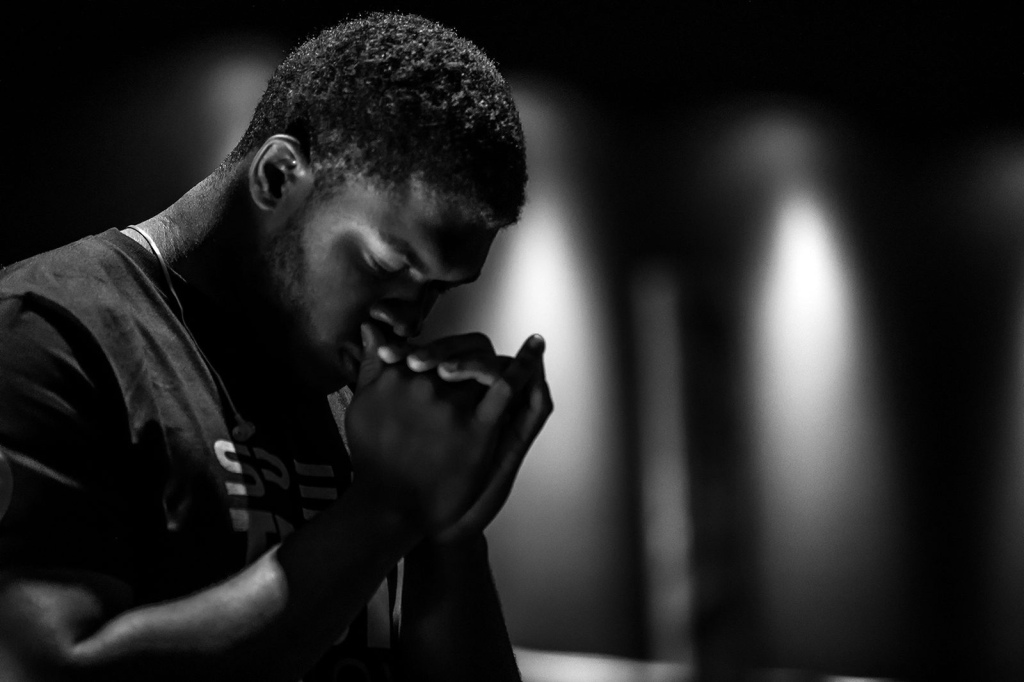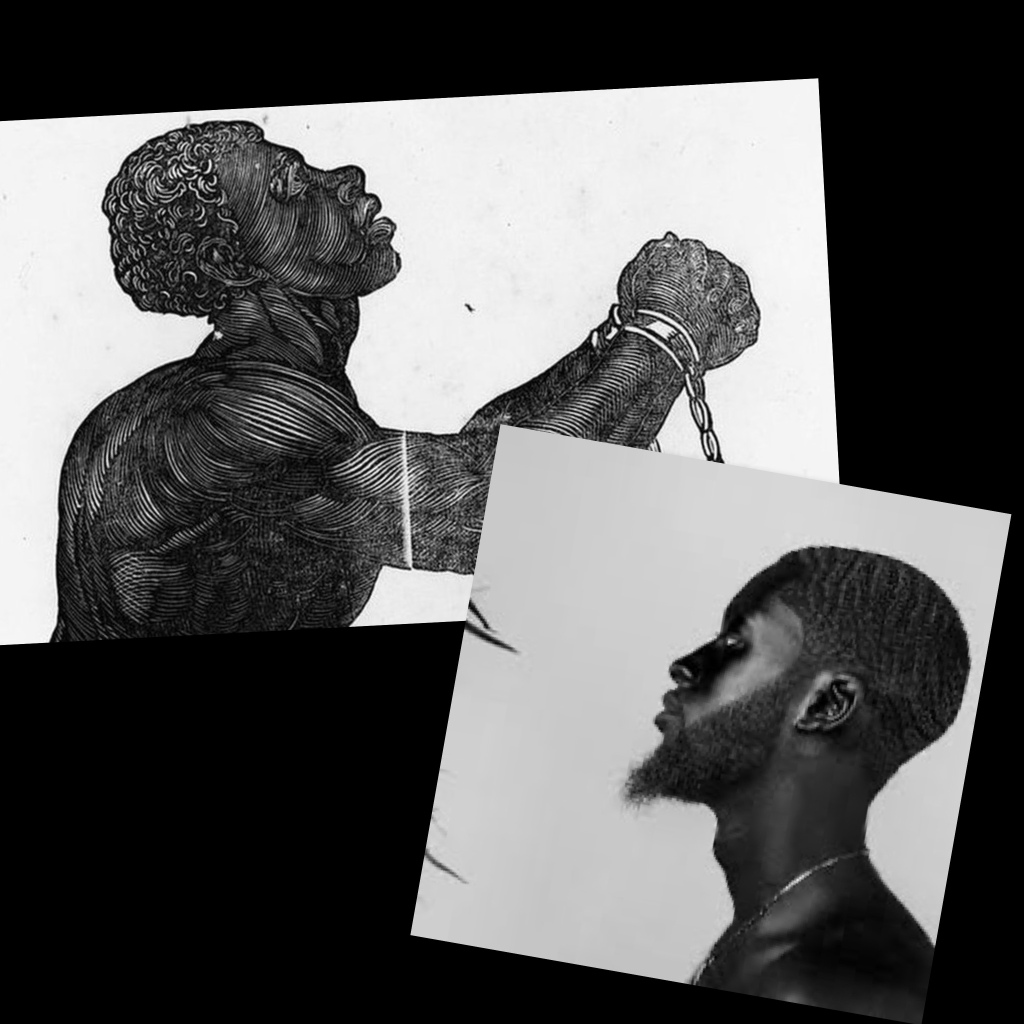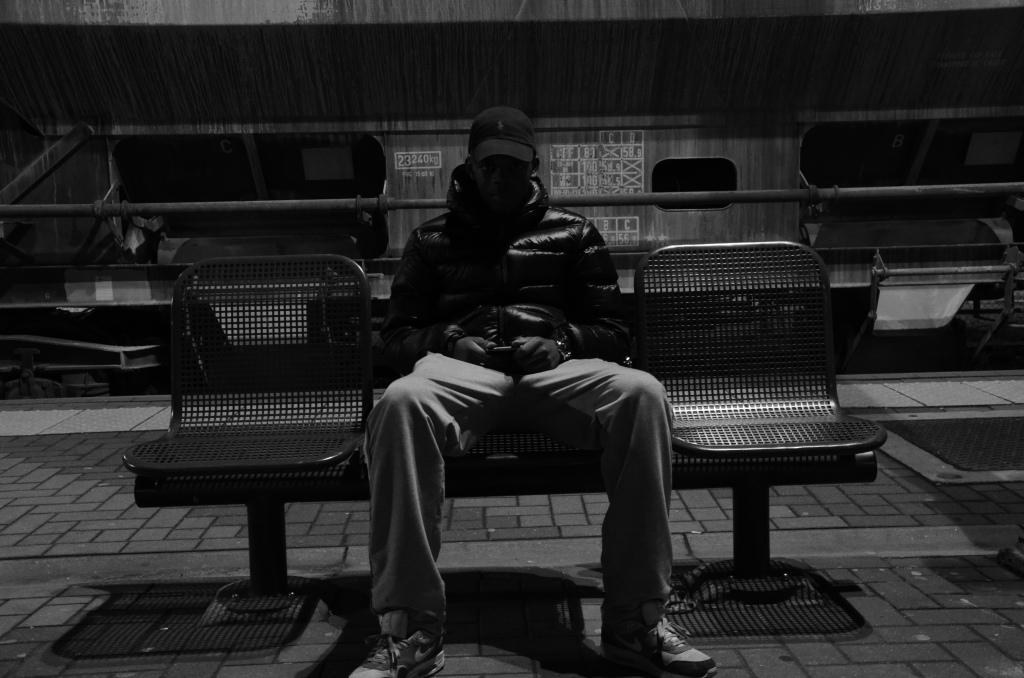
In the intricate tapestry of life, the threads of Black love weave a narrative that profoundly influences the mental and physical well-being of Black men. Beyond mere romantic affiliations, Black love encapsulates the essence of familial ties, friendships, and communal bonds. This deep connection serves as a crucial catalyst in shaping the holistic health of Black men, fostering resilience, and contributing to their overall well-being.
1. Emotional Sanctuary:
Black love acts as an emotional sanctuary for Black men, offering a refuge from the pressures of a society that often misunderstands or misrepresents them. Within the embrace of this love, whether found in romantic partnerships or familial relationships, Black men discover a space where they can be vulnerable without fear of judgment. This emotional sanctuary becomes a source of strength, enabling them to navigate the complexities of life with resilience and grace.
2. Mental Resilience:
The mental resilience of Black men is deeply intertwined with the support and understanding found in Black love. Facing systemic challenges and societal stereotypes, Black men draw strength from the genuine connections that this love fosters. Be it the encouragement of a life partner, the camaraderie among friends, or the nurturing bonds within a family, these relationships contribute significantly to mental fortitude, helping Black men withstand the psychological toll of external pressures.
3. Physical Well-being:
The impact of Black love extends beyond the realms of the mind, influencing the physical well-being of Black men. Research consistently underscores the correlation between robust social connections and improved physical health. The love and support embedded in these relationships contribute to lower stress levels, decreased susceptibility to chronic illnesses, and an overall enhancement of physical vitality. Black men, buoyed by the positive effects of love, experience a holistic improvement in their health.
4. Cultural Affirmation:
Black love serves as a powerful tool for cultural affirmation, fostering a sense of pride and identity within the Black community. As Black men experience love within their relationships and communities, it becomes a transformative force that empowers them to defy stereotypes and contribute positively to the cultural narrative. This affirmation not only strengthens the individual but also plays a crucial role in reshaping societal perceptions of Black masculinity.
5. Legacy of Love:
The impact of Black love is not confined to the present; it extends into the future, shaping a legacy of love and resilience. Healthy relationships and strong familial bonds become a template for future generations, creating a cycle of positive well-being. By breaking free from stereotypes and fostering supportive connections, Black men contribute not only to their personal growth but also to the collective flourishing of the Black community.
In essence, Black love is a transformative force that goes beyond romantic notions, nurturing the mental and physical well-being of Black men and laying the foundation for a resilient and empowered community.









